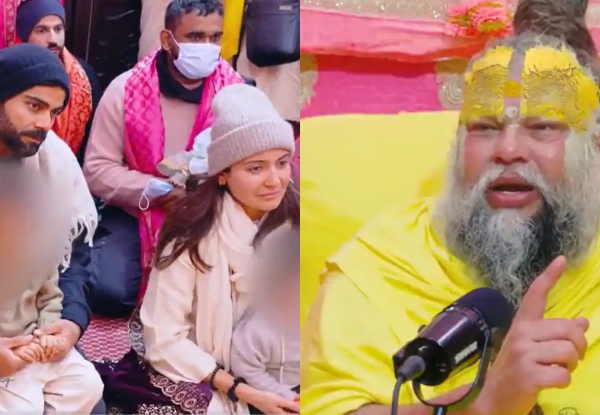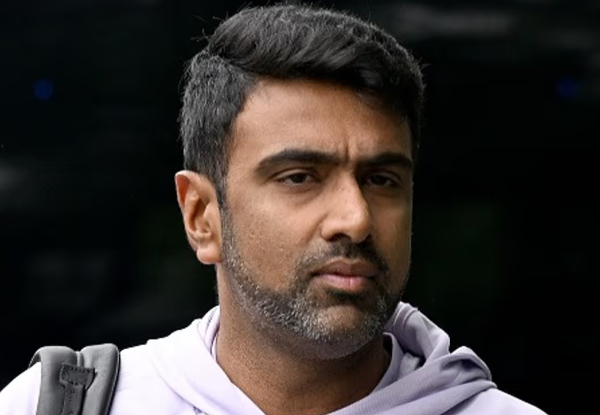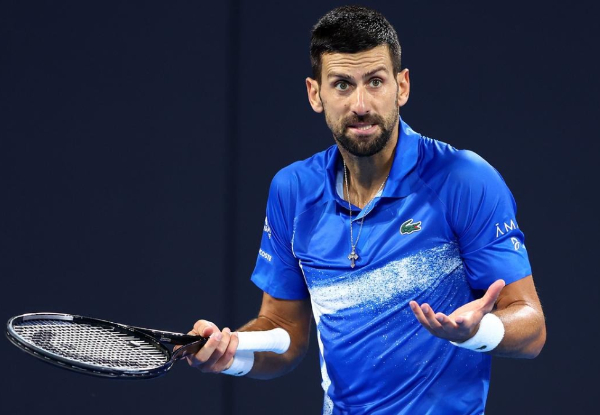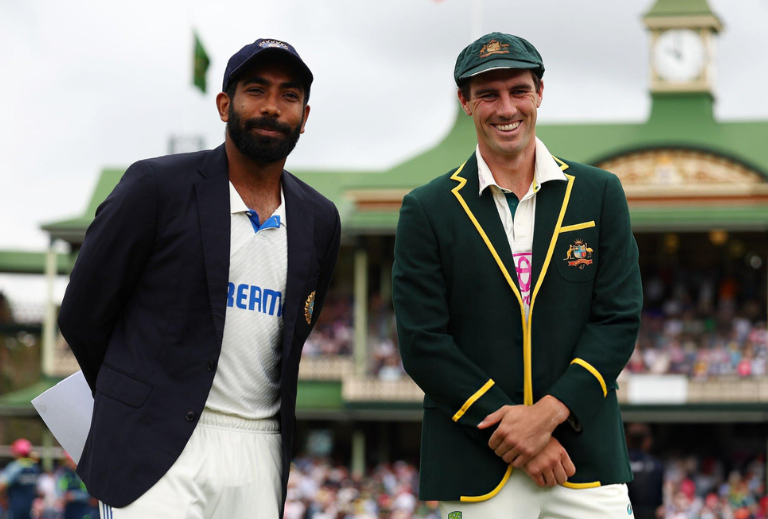Ravichandran Ashwin sparks debate on Hindi’s status, reflects on career at college event
Xtra Time Web Desk: Ravichandran Ashwin stirred conversations during a recent graduation ceremony at a private college by addressing the status of Hindi in India and reflecting on his career. The event took a turn when Ashwin remarked, "Hindi is not our national language; it is an official language," after the audience's lukewarm response to his offer to take questions in Hindi.
Highlighting the sensitive topic of language preferences in India, particularly in Tamil Nadu, Ashwin explained, "Language is personal. If you aren’t comfortable with English or Tamil, that’s fine, but let’s not forget Hindi isn’t the national language."
Ashwin, known for his candid views, also opened up about his career choices. Addressing rumors about his aspirations for captaincy, he remarked, "When people say I can't do something, I work harder to achieve it. But when they say I can, I lose interest." Reflecting on his engineering background, he humorously added, "If someone in engineering had doubted my potential as a captain, I might have taken it up just to prove them wrong!"
Read More: BGT 2024-25: Clive Lloyd slams proposed two-tier Test system, calls it harmful for smaller nations
Encouraging students to adopt a mindset of lifelong learning, Ashwin said, "As a student, you never stop learning. Without that drive, excellence remains just a word."
#Watch | தமிழுக்கு அதிர்ந்த அரங்கம்.. இந்திக்கு SILENT.. "இந்தி தேசிய மொழி இல்ல".. பதிவு செய்த அஸ்வின்!
சென்னையில் உள்ள தனியார் பொறியியல் கல்லூரியில் நடைபெற்ற பட்டமளிப்பு விழாவில் மாஸ் காட்டிய கிரிக்கெட் வீரர் அஸ்வின்#SunNews | #Chennai | #Ashwin | @ashwinravi99 pic.twitter.com/TeWPzWAExQ
The historical context of Hindi-Tamil dynamics
Ashwin’s comments resonate deeply in Tamil Nadu, a state with a long history of opposing Hindi imposition. Resistance dates back to the 1930s and 1940s, when the Dravidian movement emerged to protect Tamil's cultural identity. Leaders of the movement opposed Hindi as a mandatory language in schools and government, perceiving it as a threat to Tamil’s linguistic heritage.
Read More: BGT 2024-25: Ashes or Border Gavaskar Trophy! Who tops the chart according to Ricky Ponting?
Even today, Dravidian political parties continue to advocate for Tamil's prominence, arguing that overemphasis on Hindi risks marginalizing regional languages and identities. This sentiment ties into the broader struggle for regional autonomy, with Tamil Nadu asserting its unique cultural and political identity within India.
Ashwin’s remarks not only highlight the language debate but also underline the broader cultural pride that defines Tamil Nadu’s ethos.







